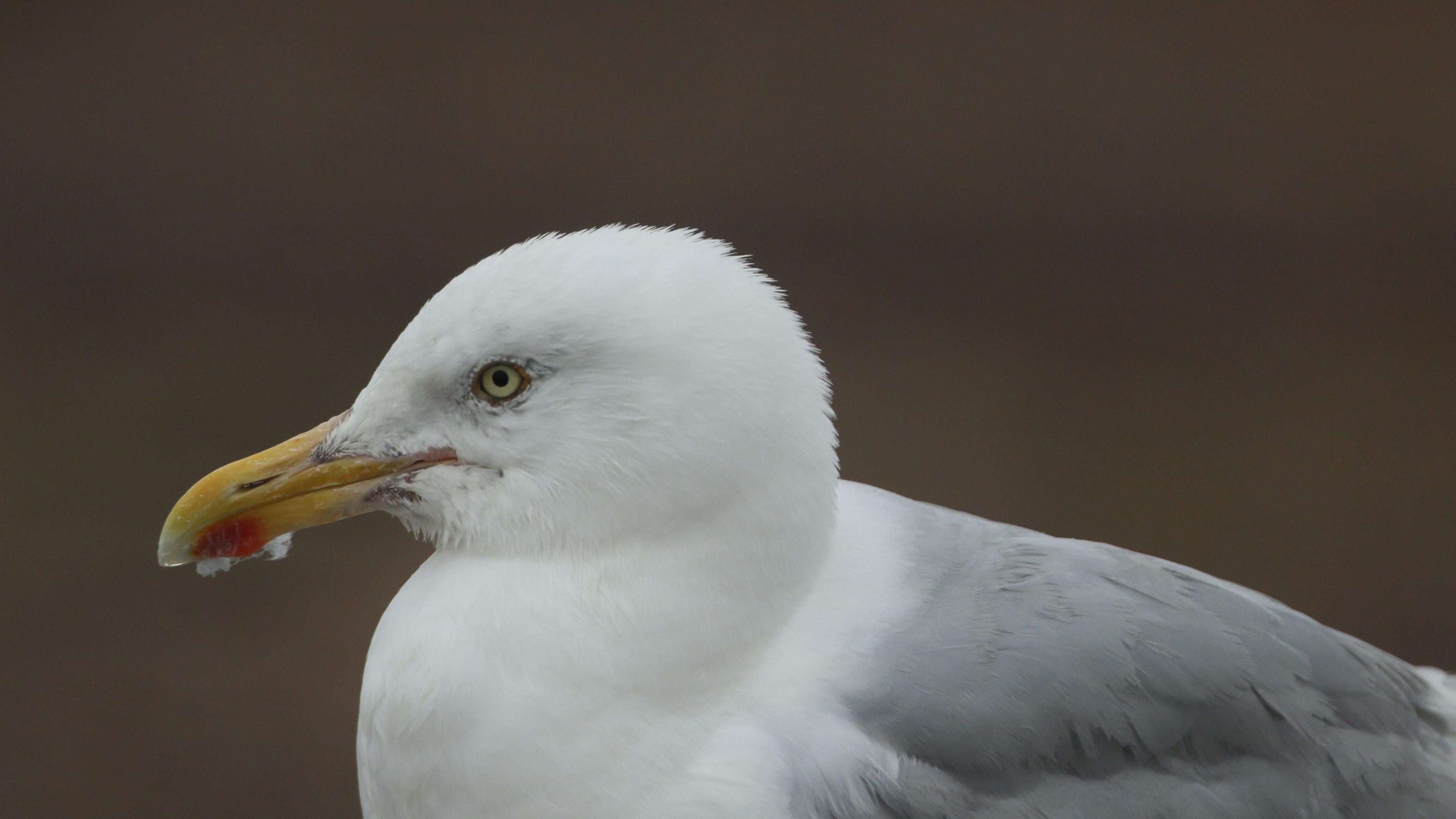Gull kicked to death after stealing fish from plate

Herring Gulls are common sights in towns and cities as well as by the coast
- Published
A herring gull has died after it was kicked after stealing fish from someone's plate, the RSPCA has said.
The incident happened at Marine Parade in Barmouth, Gwynedd, outside a fish and chip shop on 4 August at about 13:00 BST.
Julia Dalgleish, RSPCA animal rescue officer, said: "Gulls and their nests are protected under the Wildlife and Countryside Act 1981, it is illegal to do anything that causes suffering to gulls."
The organisation is looking for first-hand witnesses to get in touch.
Scientists probe gulls' 'weird and wonderful' appetites
- Published22 February
Where have our seagulls gone, asks seaside town
- Published10 October 2022
Food truck launches insurance against theft by gulls
- Published21 August 2024
Ms Dalgleish said: "Sadly, many people have an unfavourable opinion of gulls - but these are intelligent animals who form strong social bonds."
The RSPCA asked for help identifying someone of interest to the case, "he is about 5ft 10in (1.78m), has curly hair, is of medium build and was wearing a black jacket".
Why do gulls steal food?
Gull populations are in decline, with several species on the UK red list of conservation concern.
Some gulls are coming to live closer to people, adding human leftovers to their natural menu of fish, crabs, starfish and earthworms.
The birds may be flocking to urban areas to find food to feed their chicks during the breeding season, switching back to a natural diet once their youngsters have fledged.
Alternatively, gulls may be relying on human leftovers for much of the year as the natural food supply dwindles.
Gulls are in trouble in their natural spaces, and some species, such as herring gulls and lesser black-backed gulls, are seeking refuge in coastal cities.
There is very little data on the number of urban gulls - but natural populations are regularly monitored, showing big declines.